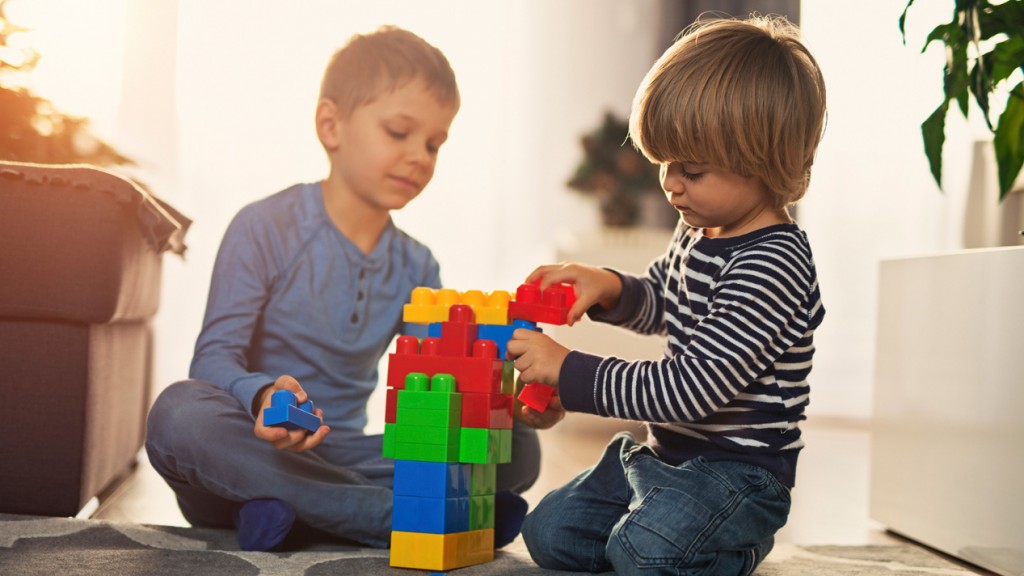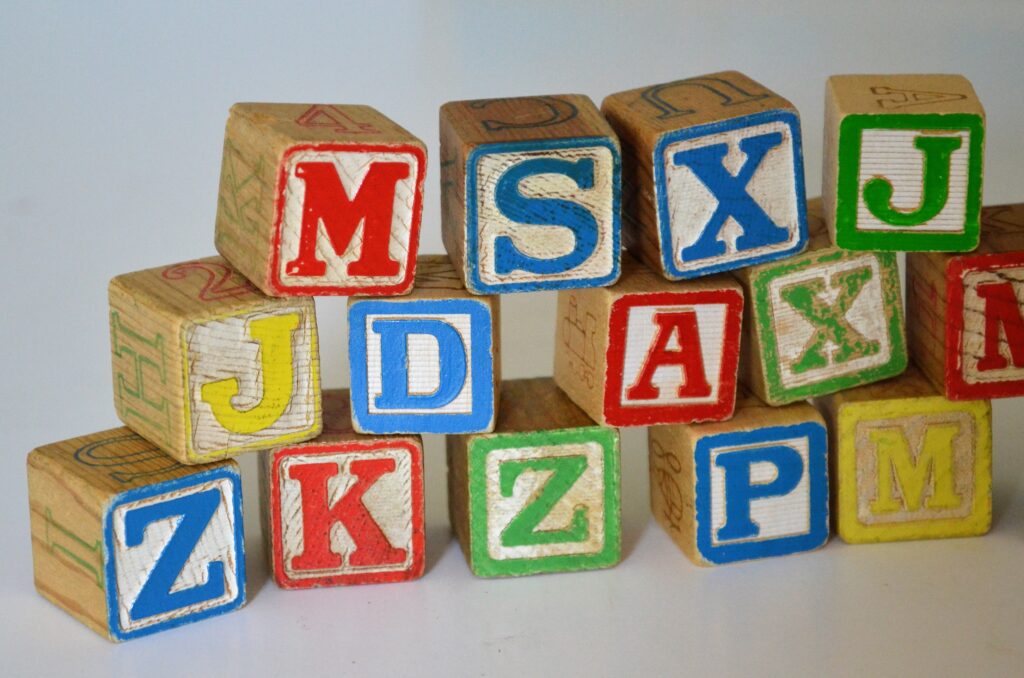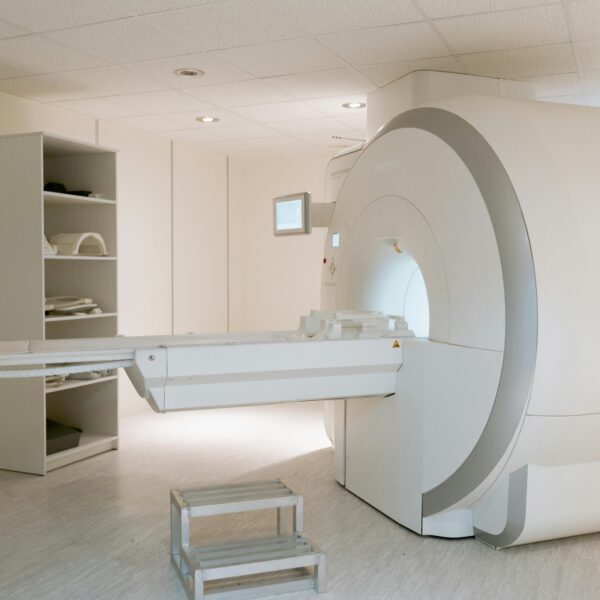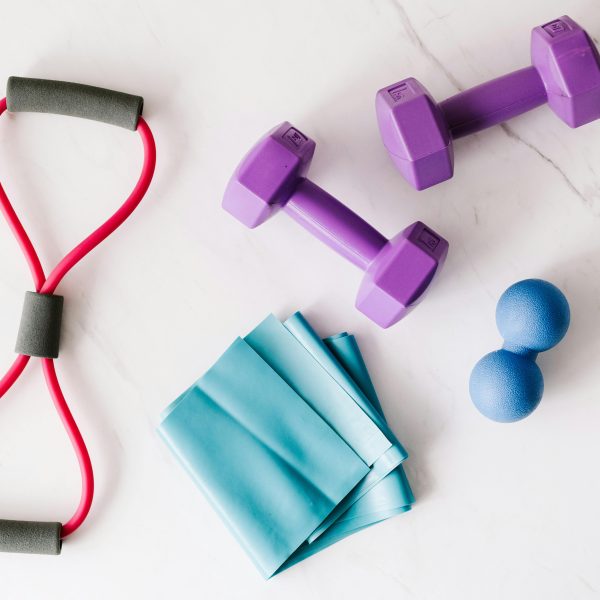Following Safe Toys and Gifts Month, we are taking a moment to explore all of the ways toys can help promote cognitive function in young children. Toys are much more than a way to pass the time and keep a child entertained – playing helps children develop a plethora of comprehensive skills, also known as cognition.
Cognition refers to the “mental processes involved in gaining knowledge and comprehension. These processes include thinking, knowing, remembering, judging and problem-solving. These are higher-level functions of the brain and encompass language, imagination, perception, and planning.” In the early years of a child’s life, they will develop countless brain-cell connections which are critical to the way they will later interact with and understand the world. The majority of these connections are made through various types of play.
So, if you thought all of those toys your little one got for Christmas were in vain, think again! Here we have outlined some of the most common toys that are linked to children developing cognitive function.
Building Blocks
Who knew that something so simple could be packed with so much learning potential? Building blocks are one of the most commonly used tools for helping children develop critical cognitive skills at an early age. Experts have found links between building blocks and spatial intelligence, cognitive flexibility (the ability to quickly shift focus from one relevant to another), language development, creative thinking, engineering and mathematical skills… the list goes on!
Whether they are stacking simple wooden blocks or building complex scenarios with interlocking pieces, building blocks open up a world of possibility for the development of the infant brain.
Stacking Toys
Stacking toys are very helpful instruments in teaching infants a number of cognitive skills including spatial reasoning, critical thinking and most of all, making order out of a collection of seemingly random objects. Brett Gordon, an expert in children’s toys and founder of The Toy Report says, “especially for children who aren’t yet fully verbal, stacking toys can be a great tool for helping them to organize their thoughts.”
They are usually fairly simple, and infants might outgrow them quicker than other more complex toys – but this isn’t necessarily a bad thing. It means they have achieved a milestone in their cognitive development and are ready to take on the next challenge.

Noise Making Toys
Noise making toys such as rattles, maracas or shakers also lend a hand in promoting cognitive, social and fine motor development in babies: “Shakers offer the infant a chance to create music on their own and gain some control over an object in their hand. Shakers help to learn finger and hand control offering intricate movement from side to side, up and down and turning and twisting of the wrist,” says Kevin Zormoski, ECE Educator at Michigan State University.
Aside from promoting hand-eye coordination and social skills, getting small children excited about making noises themselves could also potentially pave the way for interest in learning how to play an instrument when they get older.
Activity/Flashcards
Flashcards are a staple in many classrooms as a studying tool, and for good reason – they are great for promoting photographic memory and information recall, especially under time constraints. This ‘rapid flashing’ method should be reserved for older children, however.
There is increasing evidence that infants and toddlers need to look at a new image for a long period of time to truly absorb the information, according to Cheryl Chia, founder of BrainFit Studio: “Constant movement can cause confusion in the way the brain organizes information. This rapid change in images inhibits baby’s ability to develop an attention span and causes the processes of the brain to be in hyper drive, which is why children have a hard time focusing, paying attention, sitting still and being able to control themselves.” These cards are still fine to use with younger children, just make sure they get a chance to really take in what they are looking at so they can make the most of the new information!
Have you had experience with other toys that seem to have promoted cognitive function in young children? We would love to hear about them – leave them in the comment section below!
[button link=”https://radiusstaffingsolutions.com/job-listings/” color=”lightblue”] Find a Job[/button] [button link=”https://radiusstaffingsolutions.com/contact-healthcare-employment-agency/” color=”lightblue”] Request Talent[/button]










